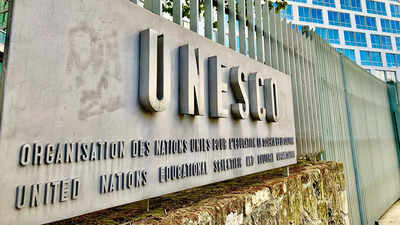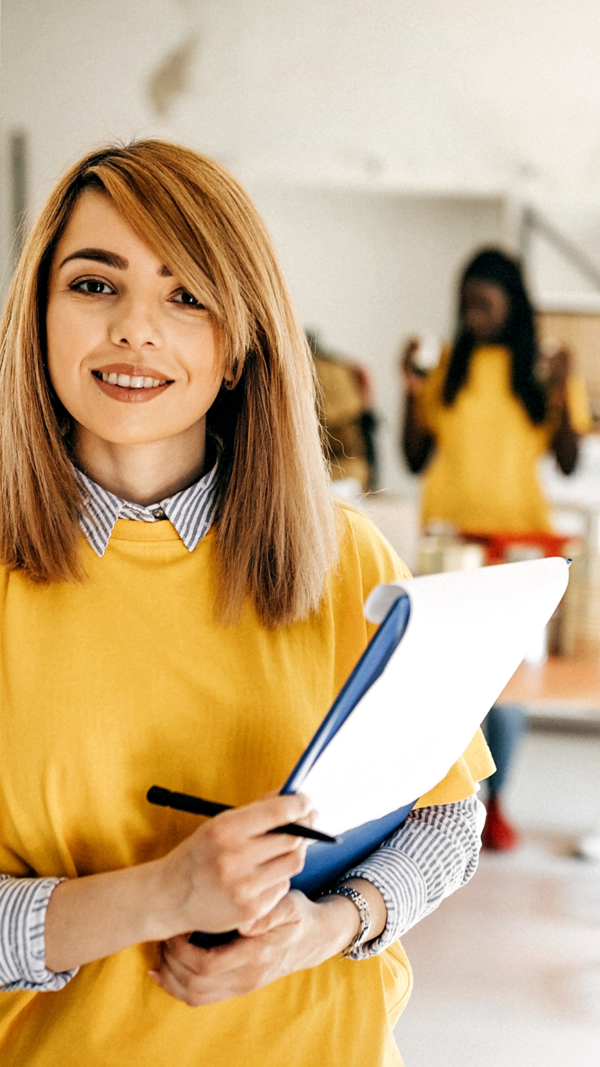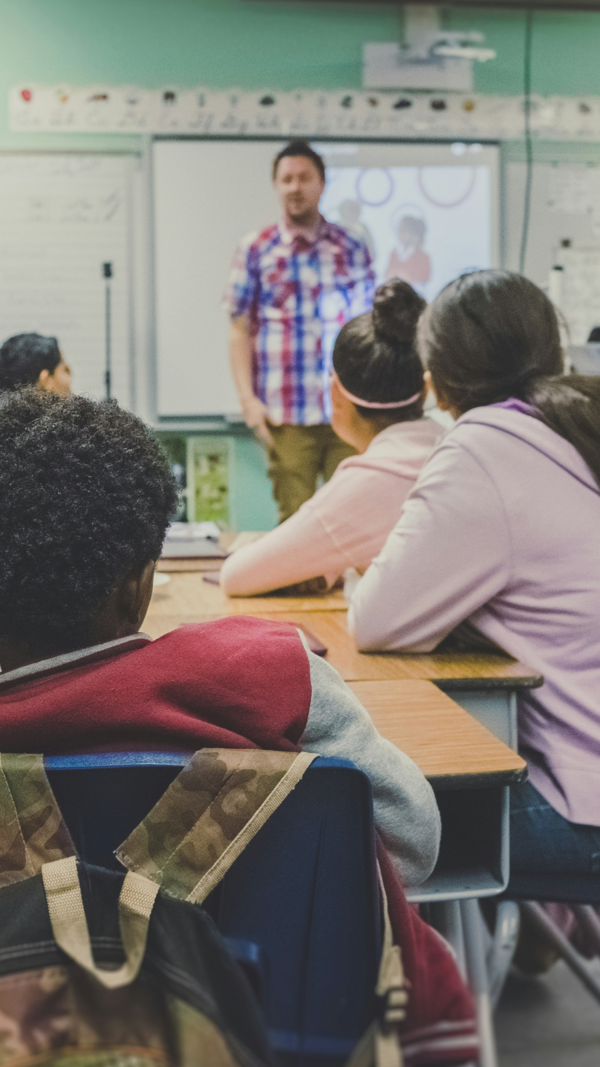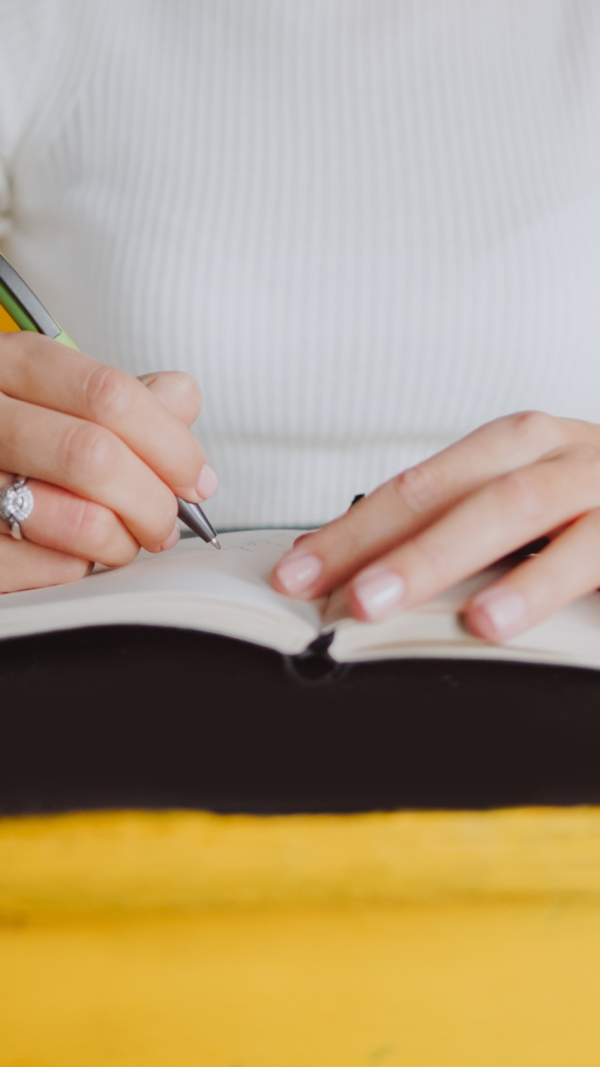- News
- Education News
- What is UNESCO’s 10-plan strategy for distance learning solutions?
Trending
This story is from December 12, 2022
What is UNESCO’s 10-plan strategy for distance learning solutions?
The onset of the pandemic brought many changes in the mode of education for schools and colleges. This led many international organisations, private sectors, and government agencies to ensure the continuity of education remotely. However, the design and delivery of distance learning should also reach everyone irrespective of social inequalities.

The onset of the pandemic brought many changes in the mode of education for schools and colleges. This led many international organisations, private sectors, and government agencies to ensure the continuity of education remotely. However, the design and delivery of distance learning should also reach everyone irrespective of social inequalities. UNESCO published in April 2020, a comprehensive 10-plan guideline and strategy for effective distance learning.
Some of the important guidelines in this 10-plan strategy are the following:
Ensuring digital preparedness and choosing the most relevant tools:
Ensuring data security and privacy:
Planned study schedule:
Training the educators and parents in using digital tools:
Blending learning approaches :
Developing and defining distance learning rules:
Fixing the duration of distance learning units based on students’ self-regulation skills:
Create communities and enhance connection:
Currently, many governmental agencies are working with global and private organisations and civil society to impart education remotely by combining various technologies.
Some of the important guidelines in this 10-plan strategy are the following:
Ensuring digital preparedness and choosing the most relevant tools:
- The educational institutes should zero in on the right technology, whether high-end or acreage depending on the local internet connectivity, power supply, and digital skills of teachers and students
- This would include integrated video lessons,
digital learning platforms, and Massive Open Online Courses(MOOCs) for broadcasting through radios and TVs
Inclusiveness in distance learning programmes:
- Distance learning programmes should ensure the inclusion and access of students with disabilities, special needs, and the ones from marginalised sections
- The devices can be temporarily decentralised from computer labs to families to ensure internet connectivity in case of limited devices
Ensuring data security and privacy:
- Data security should be assessed properly while uploading and sharing educational content on the learning apps, with students and other organisations
- It should be ensured that the use of these applications and platforms does not violate students’ data privacy
Planned study schedule:
- Study schedules should be planned to keep in mind the interests, availability of parents, school closure, and total duration of schools
- Furthermore, the situation of the affected zones in times of crisis, the level of studies, and the needs of students should also be considered
Training the educators and parents in using digital tools:
- Brief training sessions should be organised for teachers and parents to help them monitor their children when needed
- Teachers should be trained for doing basic settings, using internet data, live streaming lessons, etc
Blending learning approaches :
- The tools that are commonly available for the majority of students for both synchronous communication and lessons, and for asynchronous learning
- Teachers should limit the usage of applications and platforms, and not burden parents and students with downloading many educational apps
Developing and defining distance learning rules:
- The rules for distance learning courses should be developed and defined after discussing them with parents and students on distance learning
- The methodology should include formative questions, tests, and exercises to closely monitor the learning process of students
- Tools that support the submission of students’ feedback should be used instead of asking parents to scan and send the feedback
Fixing the duration of distance learning units based on students’ self-regulation skills:
- A practically viable timing should be set according to the cognitive abilities and self-regulation of the students
- The learning units should be recommended to be not more than 20 minutes, and not more than 40 minutes for secondary school students
Create communities and enhance connection:
- To address the issues of isolation, helplessness, and anxiety among both children and parents, communities of teachers, parents, and school managers should be created
- Parents should be encouraged to share their experiences in coping with distance learning strategies and facing learning difficulties
Currently, many governmental agencies are working with global and private organisations and civil society to impart education remotely by combining various technologies.
End of Article
FOLLOW US ON SOCIAL MEDIA










